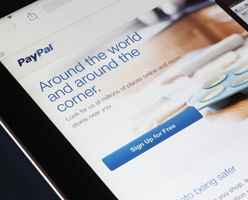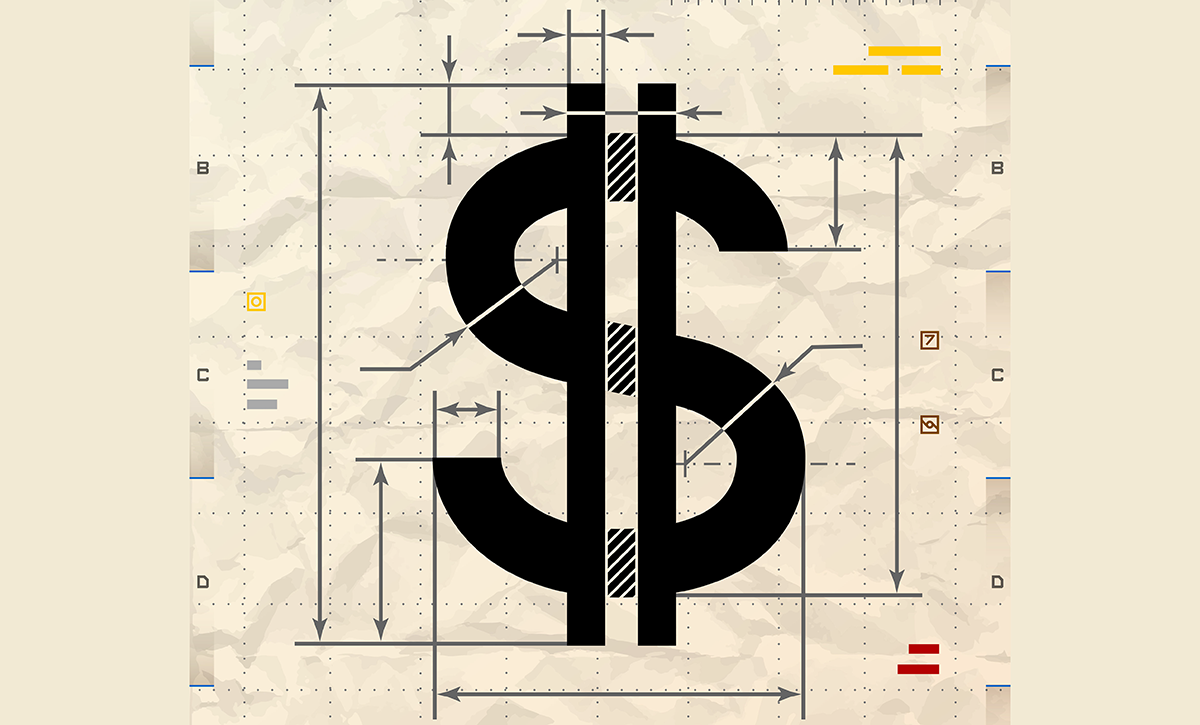 At a SWIFT conference in March, Cheryl Gurz, manager of the emerging technology segment for BNY Mellon Treasury Services, cited new technologies, including the blockchain technology used by the cryptocurrency bitcoin, as a possible threat to banks' dominance in cross-border payments. The blockchain is a distributed ledger, hosted on many servers simultaneously.
At a SWIFT conference in March, Cheryl Gurz, manager of the emerging technology segment for BNY Mellon Treasury Services, cited new technologies, including the blockchain technology used by the cryptocurrency bitcoin, as a possible threat to banks' dominance in cross-border payments. The blockchain is a distributed ledger, hosted on many servers simultaneously.
Companies that need to make payments across borders traditionally have done so via wire transfers that travel from bank to bank via the correspondent banking network.
Gurz and other speakers on the SWIFT panel noted that providers like Ripple Labs, which uses blockchain technology, and Earthport, which makes use of different countries' ACH networks, can handle cross-border payments in fewer steps than the correspondent banking system.
Complete your profile to continue reading and get FREE access to Treasury & Risk, part of your ALM digital membership.
Your access to unlimited Treasury & Risk content isn’t changing.
Once you are an ALM digital member, you’ll receive:
- Thought leadership on regulatory changes, economic trends, corporate success stories, and tactical solutions for treasurers, CFOs, risk managers, controllers, and other finance professionals
- Informative weekly newsletter featuring news, analysis, real-world case studies, and other critical content
- Educational webcasts, white papers, and ebooks from industry thought leaders
- Critical coverage of the employee benefits and financial advisory markets on our other ALM sites, PropertyCasualty360 and ThinkAdvisor
Already have an account? Sign In Now
*May exclude premium content© 2024 ALM Global, LLC, All Rights Reserved. Request academic re-use from www.copyright.com. All other uses, submit a request to [email protected]. For more information visit Asset & Logo Licensing.





